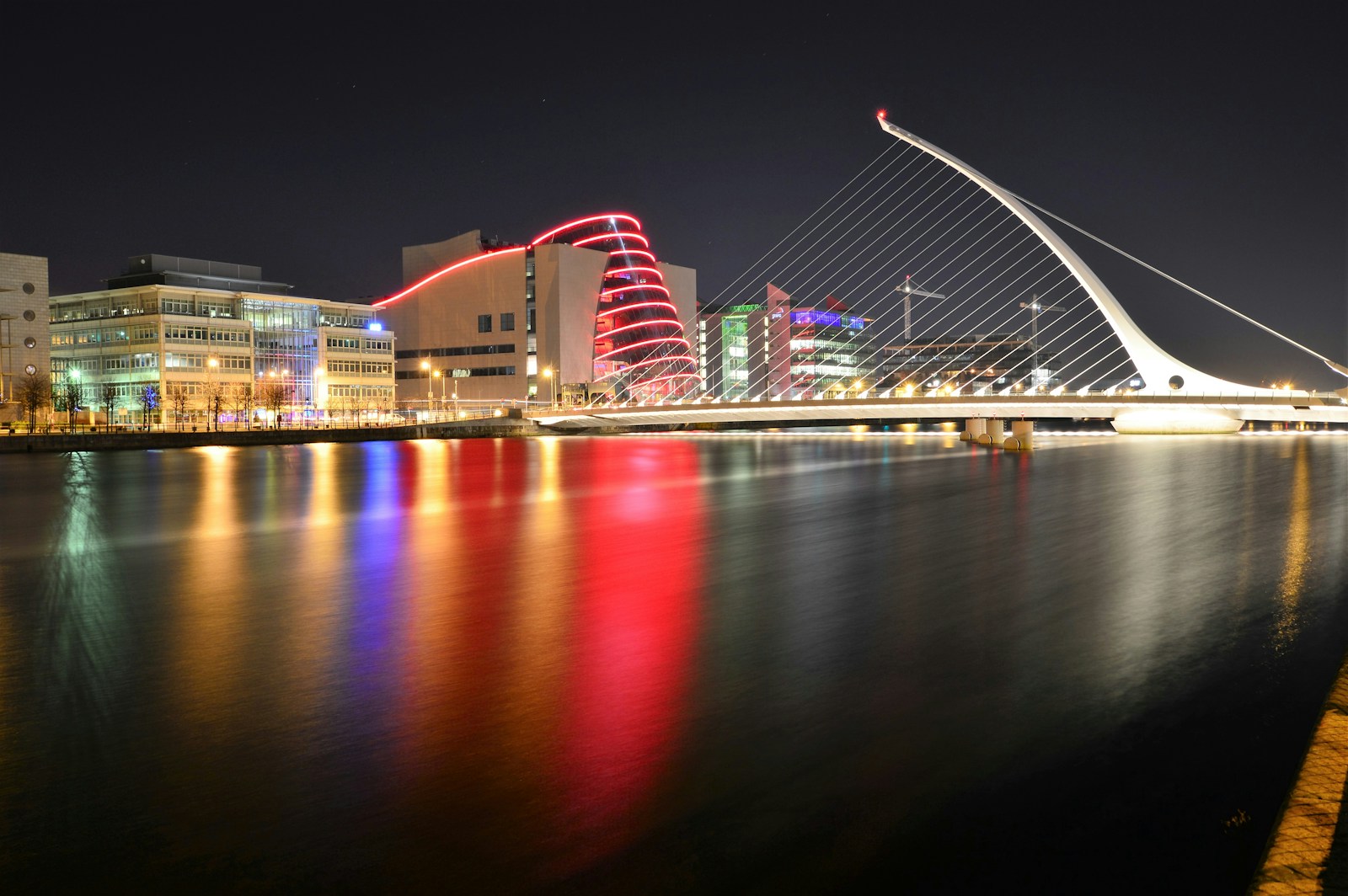Dublin plans to ban cars not bound for city centre
The Republic of Ireland’s iconic capital is set to become the latest European Union city to bar through-traffic from its central streets.
A process of re-planning traffic flow has now begun, which will result in private cars and commercial trucks only being allowed access to many streets if their final destination is within the direct locality.
Policymakers believe this will not only reduce congestion through the city, which has long struggled with its traffic problems, and offer an opportunity to introduce new pedestrianised avenues and plazas. This will encourage more active travel and make Dublin a more pleasant environment for people.
An overall target has been set to cut traffic by 60% in the urban centre, with some key tools being deployed to achieve this. Bus gates on both banks of the River Liffey will stop private vehicles from crossing the water, while a number of other routes will be altered so vehicles that would have been travelling into the city’s core will now be redirected along loops that ultimately lead back out of town in the same direction.
While the proposals are likely to be met with some stiff criticism by some, the idea actually mirrors similar restrictions that have proved effective in other parts of the EU. Paris, Amsterdam and Lisbon have already adopted ’15 minute city’ models. It’s also worth noting that in contrast to the United Kingdom, where clean air zones and traffic restrictions have triggered fury among some motorists, a public consultation featuring responses from 3,500 Dublin residents, published 7th February, showed overwhelming support for the scheme, with 80% of people in favour.
Many pointed to hopes that the Irish capital would be able to shirk its historic reputation as a city lacking progressive urban transport policy. While modern tramways have been introduced in the past few decades, overall the region is underserved in terms of infrastructure, although the first metro line has now been confirmed, albeit the initial timeframe has already been delayed.
Notably, the few objections that have been aired include Diageo, the London-based owner of Guinness, which warned of ‘historic’ delivery routes being disrupted along the riverside. However, road haulage was only introduced by the company in 1961, and prior to this all logistics within Dublin relied on river barges. It remains to be seen what the impact will be on outer districts, where through-traffic will be pushed under the new regulations, but it is hoped that the metropolitan modal share of cars in the region will fall from 52.4% to 42% – a significant change, nevertheless this still represents far higher car use than other major urban areas in Europe, including London and Brussels.
More on transport:
https://environmentjournal.online/headlines/major-upgrade-to-leeds-city-bikes-active-travel-scheme/
https://environmentjournal.online/headlines/breaking-down-the-environmental-impact-of-the-worlds-largest-cruise-ship/
https://environmentjournal.online/headlines/uks-new-council-for-net-zero-transport-could-accelerate-transition/
Image: Andrei Carina

















